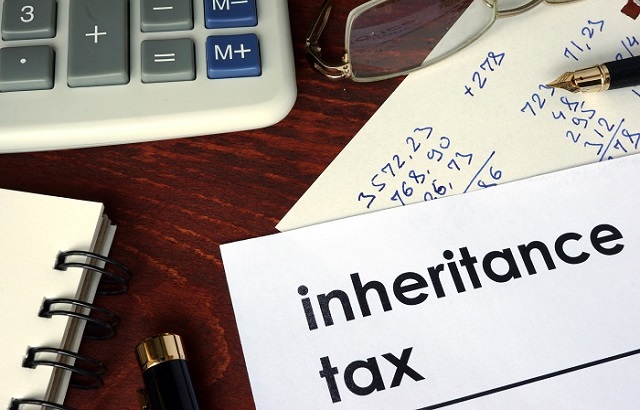HM Revenue & Customs (HMRC) has won an inheritance tax (IHT) case in which an executor’s assertion, that his deceased father had not been UK-domiciled, failed.
Anantrai Maneklal Shah (AMS) was born in 1929 in Karachi. At the time of his birth, Karachi was in British India but since the Partition of India in 1947 it has been within Pakistan. AMS’s father was born in the province of Gujarat in British India (now part of modern India) and moved to Karachi when he was a child. AMS’s mother was born in Karachi.
Although AMS was born in Karachi, his family had, for some years before, been living in what is now Tanzania. AMS was educated in Karachi, living there with a family member. In 1946 he began a university course in Karachi, which after Partition, was completed in Gujarat. He then returned to Tanzania. In 1954 he moved to the UK to study pharmacy and on graduation returned to Tanzania.
When Tanzania became independent from the UK in 1961, AMS was offered and acquired British citizenship. It was asserted that he was required to give up his Indian citizenship in doing so, as India does not permit dual citizenship, but there was no evidence of AMS having specifically acquired Indian citizenship after Partition.
In 1972, by now married with children, he moved to Mumbai, but after a year moved to the UK. AMS worked as a pharmacist from his arrival in the UK. He bought a pharmacy business in 1975 and acquired the freehold of the shop in 1981. He sold the business in 1994 and then worked as a locum pharmacist until at least 1997. The freehold of the shop was sold some time after the business was sold.
His daughter, who lived with her parents, died in December 2009 and his wife died in January 2010. He spent two months in intensive care in the spring of 2010, as a result of pneumonia. He later had both knees replaced, a pacemaker fitted and also had cataract operations.
He sold his house (acquired in 1974) in December 2010 and then, following a short stay with his son, moved into a rented flat in London to be near to his son and his family. In 2012, AMS moved into a flat in London which had been purchased by his son as an investment. In the same year he invested funds in a non-UK company which made investments in UK commercial property.
In 2014. he made two wills, one under UK law for his UK assets and one under Indian law for non-UK assets. On 8 July 2014, he was also registered as an Overseas Citizen of India. He died on 7 June 2016.
When investigated, HMRC agreed that his domicile of origin was not in the UK; and it didn’t need to determine whether it was in India or Pakistan. But HMRC contended that, sometime after 1973, AMS had acquired a UK domicile of choice and his executors argued that he was domiciled in India.
Location of domicile
Gerry Brown, trust and estate-planning expert at QB Partners, said: “A domicile of choice arises where an individual is resident within a territory subject to a distinctive legal system and intends to reside there indefinitely.
“HMRC submitted that his actions were inconsistent with suggestions that AMS intended to move permanently to India. He had only visited India twice during the 43 years that he lived in the UK and in view of his age, state of health and family connections in the UK in particular, it was not realistic to infer that he planned to move away from close family and the country in which he was settled, to a part of India that he did not know and where he had no family.
“His executor argued that he still intended to return to India when he was well enough to do so and had arranged accommodation in India.
“It was obvious that AMS was deemed domiciled in the UK, in view of his long period of UK residence. However, if it could be established that he was domiciled in India he might have been able to take advantage of the UK-India capital taxes treaty, which can, in certain circumstances, override the UK-deemed domicile rules and exempt certain non-UK assets from UK IHT.
“It is clear from this case that anyone arguing that they are not UK domiciled should create and maintain evidence in support of that contention.”
An HMRC spokesperson said to International Adviser: “We welcome the tribunal’s decision to dismiss the appeal.”








